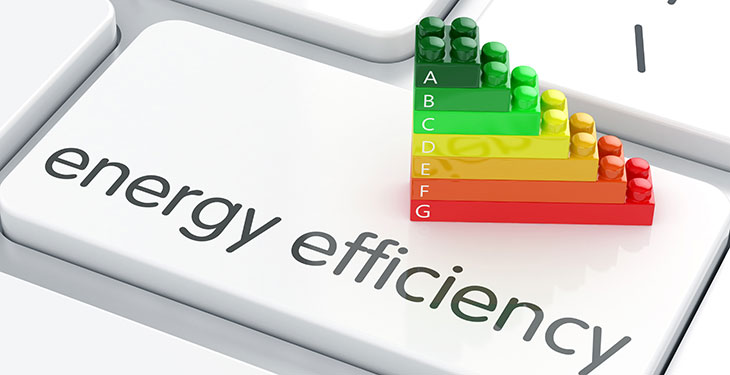The summary of the “Energy Efficiency in Smart Homes, Smart Buildings and Smart Networks” project shows a real interest from both the public and the authorities for national policies and local measures to reduce energy waste, an interest that must be constantly supported by information, opportunities of funding from the national level and local investments, according to a press release of ACUE (Federation of Associations of Energy Utility Companies).
The ACUE Federation project, implemented in partnership with the Association for Clean Energy and Combating Climate Change (AECCSC) acted on three pillars providing, through co-opted experts, solutions to increase energy efficiency in homes and public buildings, but also information related to the need to the development of energy distribution networks to be able to efficiently integrate energy from renewable sources, for the benefit of communities.
“Energy efficiency is an important resource, often ignored even though it is affordable. We called it a huge fuel deposit, and the increased interest of the public makes us optimistic that the information made available, through the expertise we have benefited from, can really contribute to good information, understanding and application of energy efficiency measures,” said Daniela Dărăban, executive director of the ACUE Federation.
Energy efficiency means the intelligent use of energy resources, and the project demonstrated, through practical examples and up-to-date information, that the key measure for the energy transition is the adoption of intelligent energy consumption.
“This campaign was a success, even beyond what we expected. It is a concrete thing done for people that we have helped to be better informed, to better understand the current opportunities offered by more efficient consumption. And Norway’s support in the development of this project also meant a perfect guide in terms of energy efficiency. Norway is an inspirational example, demonstrating that a combination of strategic vision, collaboration between the public and private sectors and the active involvement of citizens can lead to the creation of a sustainable and energy-sustainable society,” added Răzvan Nicolescu, president of AECCSC.
Regarding smart homes and buildings, the study concludes that we can avoid wasting more than 35% of the energy consumed in homes, through behavioral changes and efficiency measures. Improving external wall insulation and sealing measures can reduce your heating bill by up to 30%. At the same time, we have 242,000 public buildings whose consumption is over 200-250 kWh/sqm compared to a recommended European average of 140 kWh/sqm. A quick calculation shows that if we reached the recommended consumption per square meter, we would achieve an annual saving of over 6 billion lei. With this money we could build 10 medium-large schools or 2 regional hospitals.
At the same time, with electricity consumption expected to increase by around 60% by 2030 at European level, with an increasing number of prosumers, electricity networks must integrate a large part of clean energy – which requires substantial investments to modernize the existing infrastructure. Energy distribution networks play a crucial role in the energy transition by ensuring, on the one hand, that the energy produced is taken from producers, including prosumers, and on the other hand, that it is efficiently and safely distributed to consumers.

